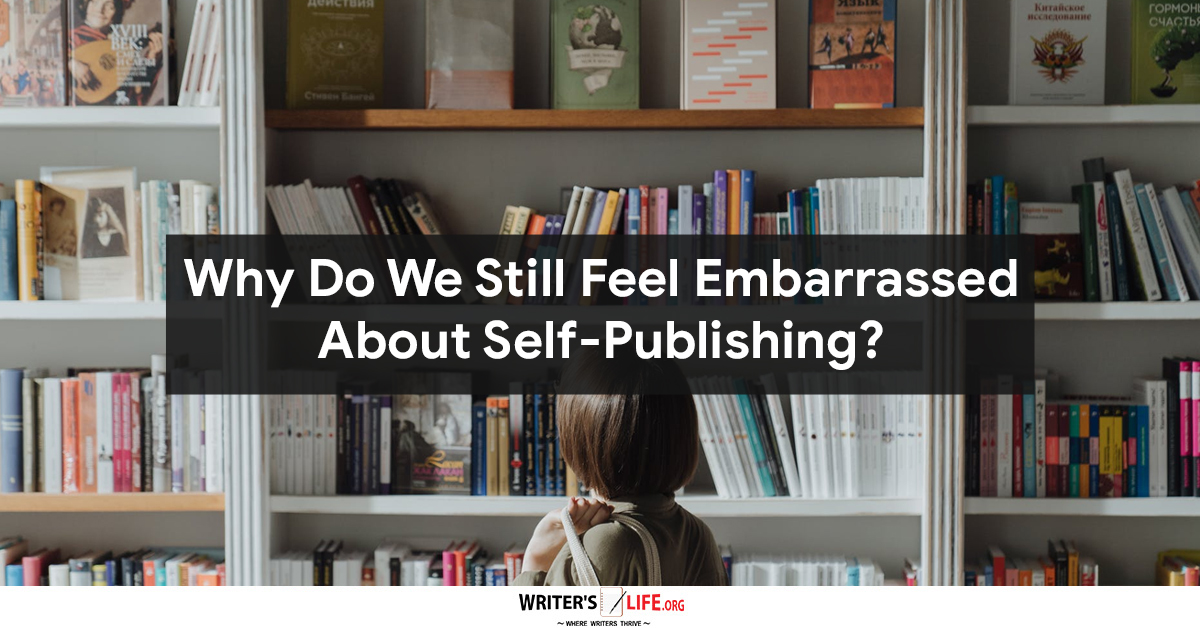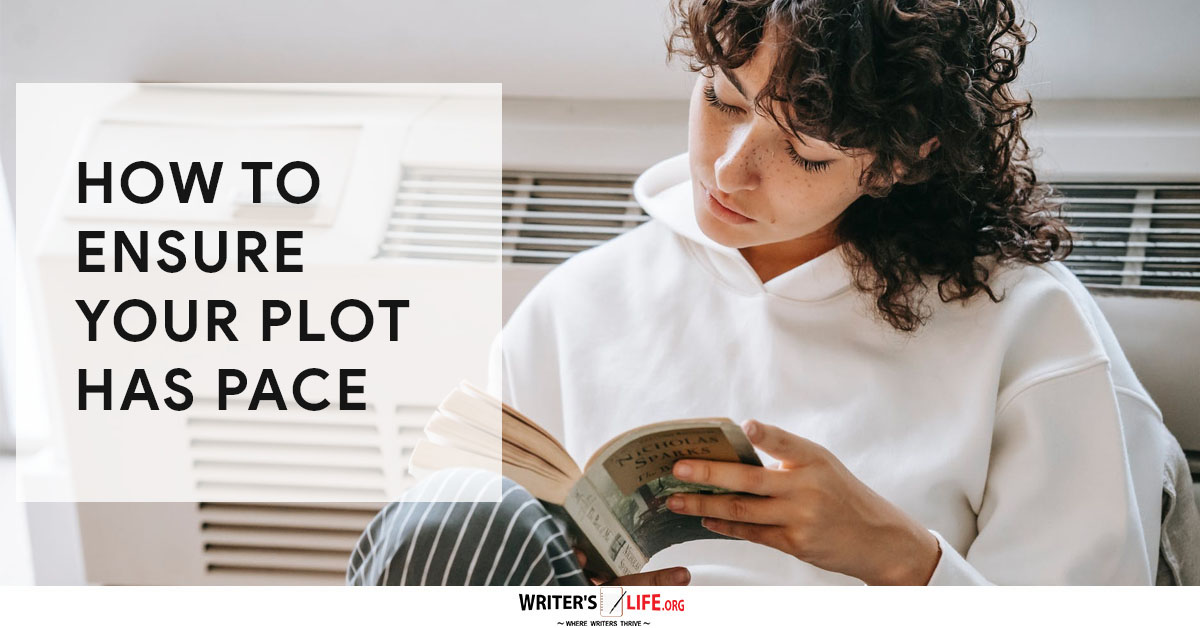- How To Tackle Jealousy In Creative Writing
- Common Submission Mistakes
- How To Stop Your Blog Becoming Boring
- The One Thing Every Successful Writer Has In Common
- How To Make Yourself Aware Of Publishing Scams
- Why Almost ALL Writers Make These Grammar Mistakes At Some Point
- 5 Tips For Authors On How To Deal With Rejection
- Top Mistakes to Avoid When Writing a Novel
- How to Avoid Common New Writer Mistakes
- 10 Mistakes New Fiction Writers Make
Book Endings – How To Ensure You End Yours Well

Book endings are absolutely crucial if you want readers to become loyal fans. If you need to learn how to end your book well, make sure you pay attention to these top tips! There is nothing worse than investing time and effort into reading a novel, only for the ending to fall flat. A disappointing end that doesn't provide resolution and satisfaction can ruin the story, no matter how good it was before those final pages.
Readers will feel cheated if you don't provide a good ending for your book, and so it is essential to get this right. Writing the perfect conclusion, however, can be tricky. Here are some useful tips and mistakes to avoid to ensure your book ending is as robust and compelling as possible.
Common mistakes to avoid when writing book endings
Your characters suddenly acting differently in the final chapters
It can be all too easy to suddenly change the personality of a character to fit in with your ending. A previously mild-mannered character who becomes suddenly brave or aggressive, a character full of rage who, without warning, sees the error of their ways, or one who has always made rash decisions and been hot-headed suddenly becoming calm and sensible when disaster strikes will confuse your readers. Characters need to change over time; they should learn lessons that affect them throughout. Make sure you foreshadow behavior changes, so your reader doesn't feel as though the character has had a sudden personality transplant for no reason.
A shocking ending that blindsides the reader
There is a difference between injecting a clever twist in the concluding part of your novel and making the ending devastating or unpredictable without warning. You have to stick within the boundaries of your genre and the general remit of your story, within reason. If you are writing a romance, readers will expect romance at the end, not massive explosions and everyone dying. Similarly, if you are writing a thriller, you need high tension and drama, with resolution in the final chapters, not characters falling in love. Shocking endings are different from smart conclusions, so having a sudden change of events, massive disasters, or writers fighting for their lives just for the sake of it will do your story no favors.
Adding new information to make the ending make sense
Tying up loose ends before the book finishes is essential. However, one method that some writers use is to add entirely new information to ensure this happens. Doing this sticks out like a sore thumb and will demonstrate a lack of skill and will be incredibly frustrating for your reader. If your threads are unresolved at the end and you can't figure out how to tie them up in a way that makes sense because of the groundwork you have laid throughout.
How to practice writing the perfect ending
The best way to get better at writing book endings is to practice and experiment. The first method is to read as many different book endings as you can. Recognize what's wrong and right with them. Think about what the author failed to do, how it could have been made more satisfactory, and the reasons why the ending didn't work. You can also spend more time examining your story endings and ensure that they don't fall into the traps laid out above.
Remember, it is your job as an author to provide a satisfactory ending to your novel. Your book's success depends upon it. So it's well worth investing time and energy into getting right.
Now you've learned all about book endings, why not discover what makes a great story beginning?
Get A Free Writer's Toolkit By Visiting https://www.writerslife.org/gid





























